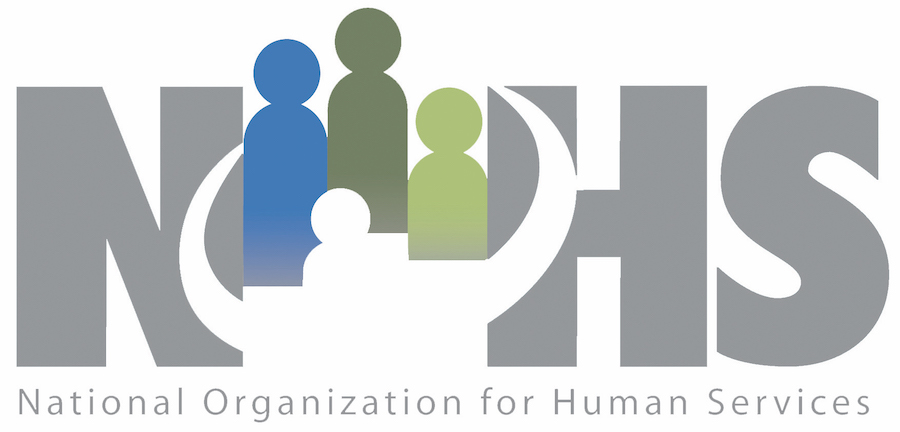-Understanding the nature of human systems: individual, group, organization, community and society, and their major interactions.
-Understanding the conditions which promote or limit optimal functioning and classes of deviations from desired functioning in the major human systems
-Understanding of the major models of causation that are concerned with both the promotion of healthy functioning and with treatment-rehabilitation
-Skill in identifying and selecting interventions which promote growth and goal attainment. The worker will be able to conduct a competent problem analysis and to select those strategies, services or interventions that are appropriate to helping clients attain a desired outcome. Interventions may include assistance, referral, advocacy, or direct counselling.
-Skill in planning, implementing and evaluating interventions. The worker will be able to design a plan of action for an identified problem and implement the plan in a systematic way. This requires an understanding of problems analysis, decision-analysis, and design of work plans. This generic skill can be used with all social systems and adapted for use with individual clients or organizations.
-Process skills which are required to plan and implement services
-The assumption that the worker uses himself as the main tool for responding to service needs
-Skillful in verbal and oral communication, interpersonal relationships and other related personal skills, such as self-discipline and time management

